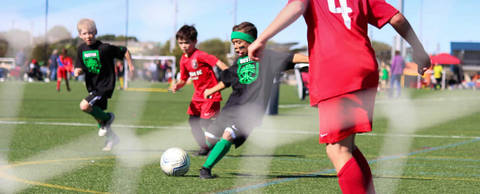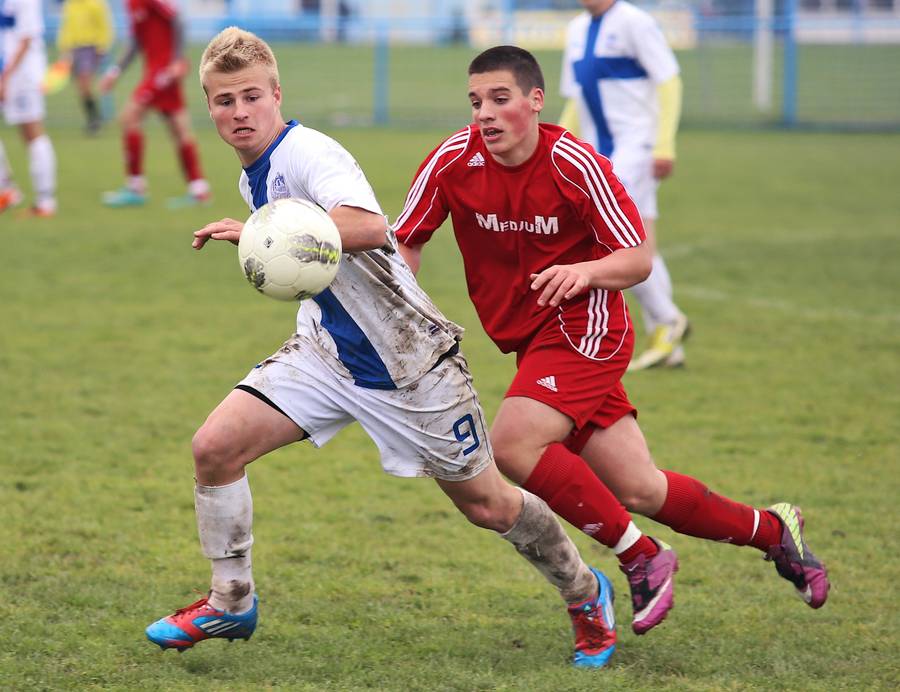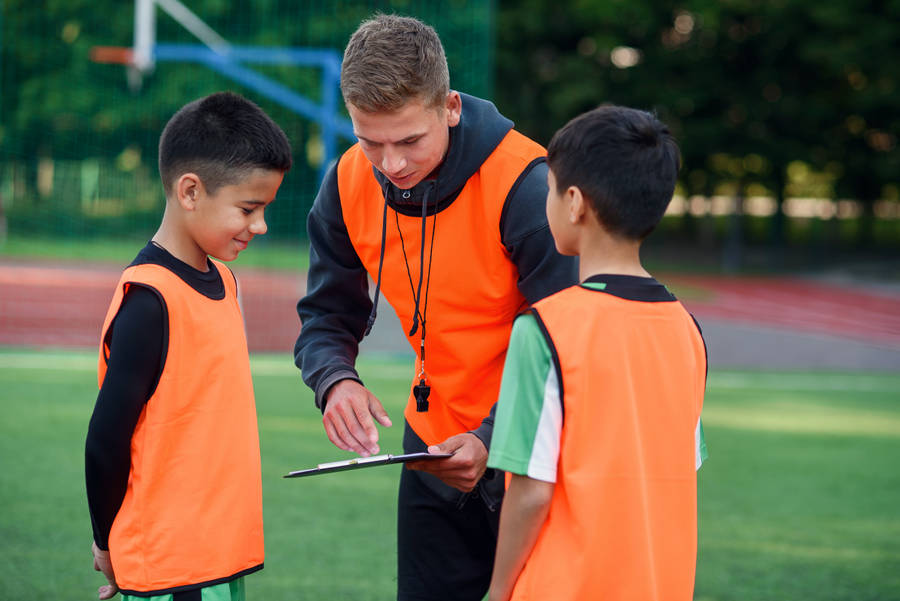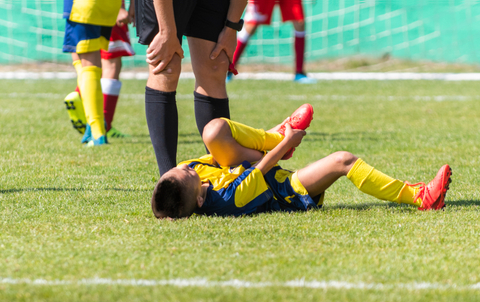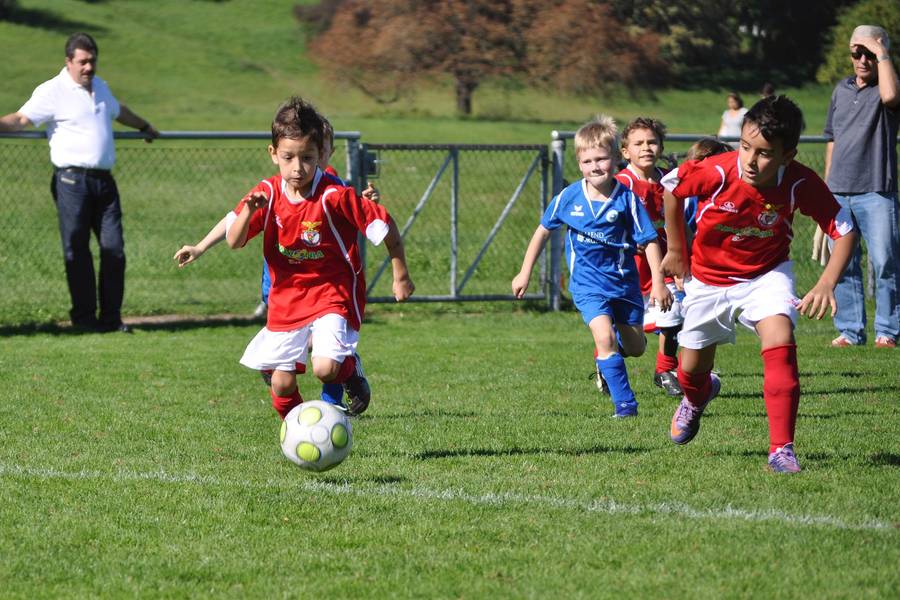
As we reach the end of another long season in junior football, it doesn’t take long for people’s thoughts to turn towards next season and for some this will mean switching teams or joining a team for the very first time.
Whether it’s through the process of trials or an extended time training with a new side or even if it’s been pre-arranged and is just a case of waiting to sign on, it can be a stressful time.
For clubs too there is the natural tendency to show improvement season after season and sometimes this can involve recruiting stronger players to improve the team.
Grassroots teams play a crucial role in the development and progression of young footballers.
While it can be disappointing for players to be released from grassroots teams, it's important to view it as an opportunity for growth and learning.
It is essential when this happens that coaches provide constructive feedback and support to players who are released, helping them understand areas for improvement and encouraging them to continue pursuing their passion for the game.
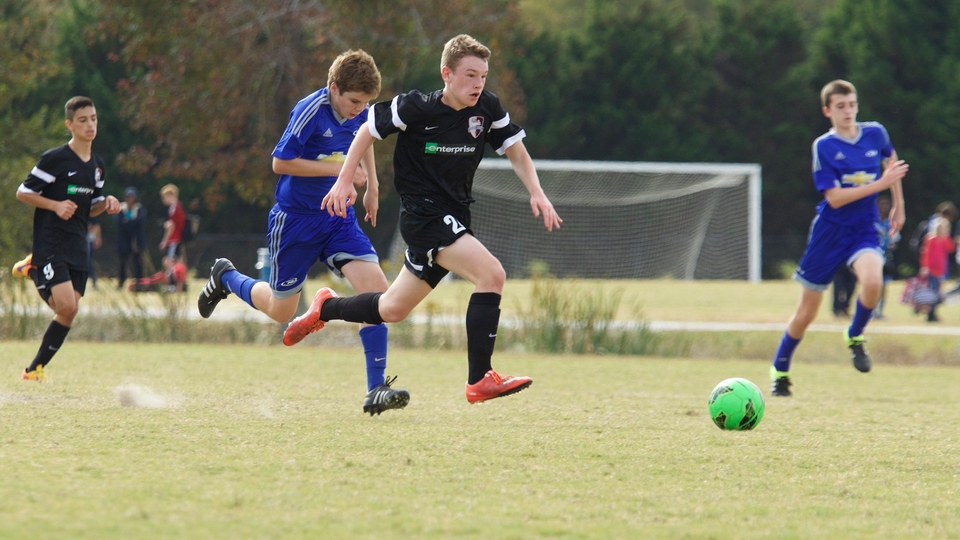
There is a debate to be had about whether the use of trials is the right thing to do with various perspectives regarding their ethicality, practicality and overall effectiveness.
While trials offer a platform for young players to showcase their abilities and compete for a place on a team, critics raise valid concerns about the potential drawbacks and limitations of this recruitment approach.
One of the primary criticisms levelled against trials is their inherent subjectivity and susceptibility to bias.
Coaches may have their own preferences, biases and preconceptions, which can influence their assessment of players during trials.
Factors such as playing style, physical attributes and especially personal connections may their judgment, potentially leading to unfair outcomes and missed opportunities for talented players.
By their nature, trials provide a snapshot of a player's performance within a limited timeframe and controlled environment.
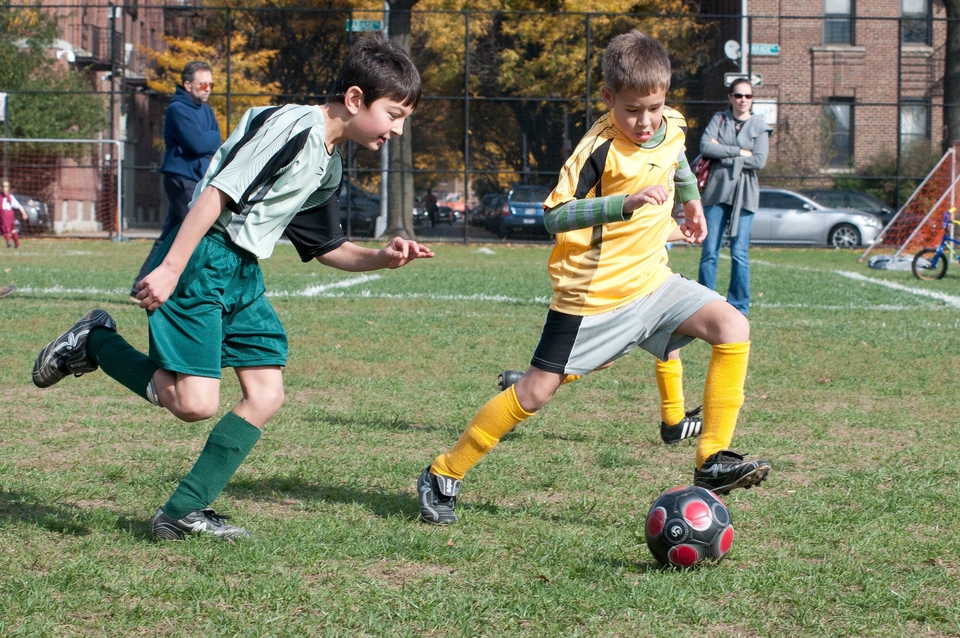
While they may assess basic skills and athleticism, they may not capture the full range of a player's abilities, including their tactical understanding, decision making and psychological resilience.
This limited scope for assessment can result in good players being overlooked or undervalued, particularly if their strengths lie in areas not easily demonstrated during a trial.
The pressure and stress associated with trials can have a significant impact on young players' confidence and enjoyment of the game.
The fear of failure and the desire to impress coaches may lead to performance anxiety that affects their ability to perform to their best.
The competitive nature of trials can create a high stakes environment that may not accurately reflect a player’s true potential or character.
Despite these criticisms, those in favour of trials argue that they provide a transparent and objective way to evaluate a player’s ability in a competitive context.
However, there is growing recognition of the need to complement trials with additional ways of assessing players that offer a more rounded understanding of their potential.
This may include ongoing observation and evaluation in training sessions, matches and tournaments as well as more consideration of a player’s character, attitude and long-term potential.Putting yourself forward for a trial with a junior football team can be very nerve wracking for young players and their parents.
It can be wise to do as much homework as possible on the prospective team before putting yourself forward.
All junior football teams vary in their structure, philosophy and objectives, ranging from grassroots clubs focused on participation and development to private academies with a more performance driven approach.
Researching prospective teams and understanding their ethos can help young players identify the best fit for their aspirations and playing style.
In the digital age, information about junior football trials and recruitment opportunities is more accessible than ever before.
Websites, social media platforms, and local football associations are valuable resources for young players seeking to connect with clubs and stay informed about upcoming trials.
Preparation can often be crucial when it comes to making a positive impression during trials.
Young players should arrive early, properly equipped and ready to play with appropriate kit and footwear.
Demonstrating good attitude, communication skills and coachability is equally important, as coaches look for players who are not only talented but also committed and willing to learn.
Making a positive first impression is important for young players seeking to secure a place on a team.
From the moment player’s step on to the pitch for trials, coaches are observing their manner, assessing not only their technical skills but also their attitude and interactions with teammates.
There are a number of subtle ways that young players can make a lasting impression and stand out during trials.
For instance body language speaks volumes, conveying confidence and determination.
Young players should strive to project a positive and confident demeanour from the moment they step onto the pitch.
This includes standing tall, making eye contact and exhibiting open and approachable body language.
Being vocal and asking for the ball is important as well as executing training drills at ‘match’ pace.
Confidence is contagious and can instil trust from the coach, signalling that the player is committed to performing at their best.
Attitude is such a big component of football and coaches pay close attention to players' attitudes both on and off the pitch.
Demonstrating a positive attitude, a strong work ethic and a willingness to give 100% effort can leave a lasting impression.
Players should approach every exercise and training drill with enthusiasm and determination, showcasing their commitment to improve.
Football is obviously a team sport and coaches value players who demonstrate strong teamwork and communication skills.
Players who are obviously out for themselves tend not to last very long and coaches are constantly evaluating what prospective recruits can bring to the team.
Players should try to actively engage with their teammates, offering encouragement and support throughout the session.
Effective communication on the pitch such as calling for the ball, providing positional guidance and acknowledging teammates' efforts also showcases a good attitude.
Coaches are also looking for players who are receptive to feedback, willing to learn and adaptable to new instructions & tactics.
Young players should demonstrate a willingness to listen and implement instructions during training drills.
Embracing feedback with a positive attitude and making adjustments based on the coaches’ guidance showcases a player's coachability and capacity for growth, which are highly valued traits.
Respect for teammates and coaches is fundamental to getting on in any new football environment.
Young players should conduct themselves with dignity, integrity and respect for others at all times, both on and off the pitch.
This includes showing respect for coaches and volunteers, acceptingdecisions with grace, and obviously refraining from poor behaviour such as dissent or aggression.
Coaches appreciate players who demonstrate humility and respect for the game and those involved in it.
Making a good first impression during junior football trials requires a combination of technical skill, physical ability, and intangible qualities such as attitude, teamwork and coachability.
Those young players who project confidence, enthusiasm and respect, while demonstrating strong communication skills and a willingness to learn stand the best chance of leaving a lasting impression on coaches and securing a place on a team.

